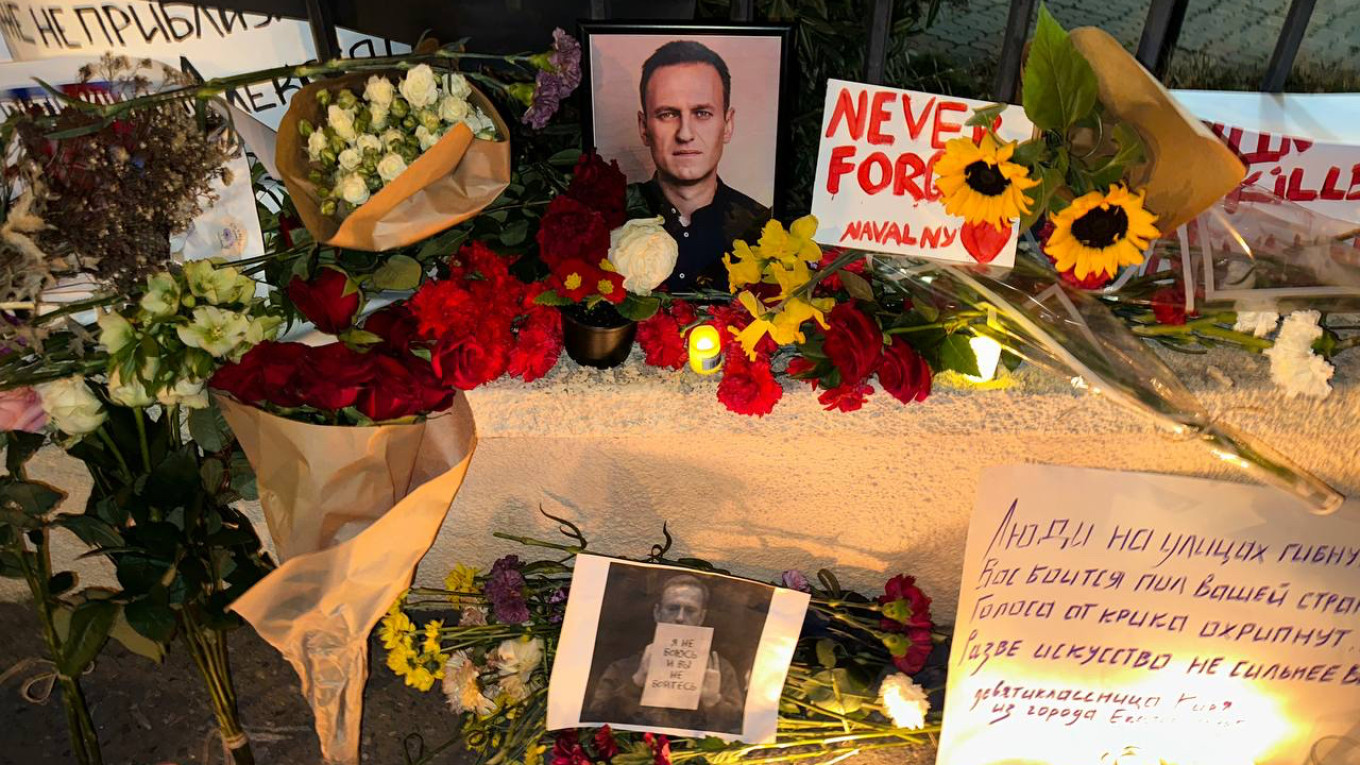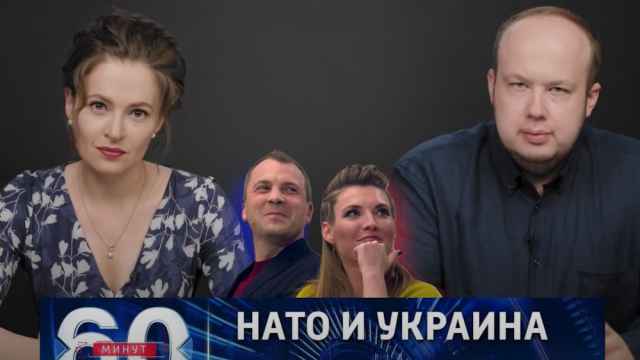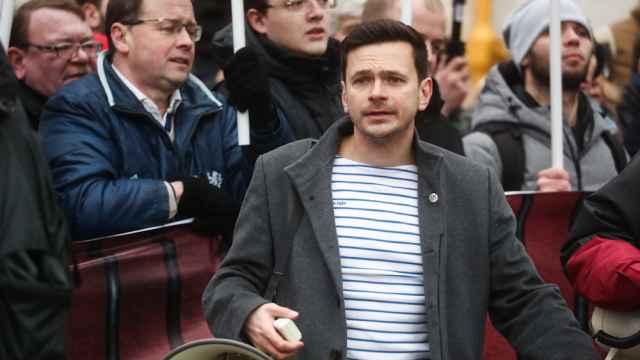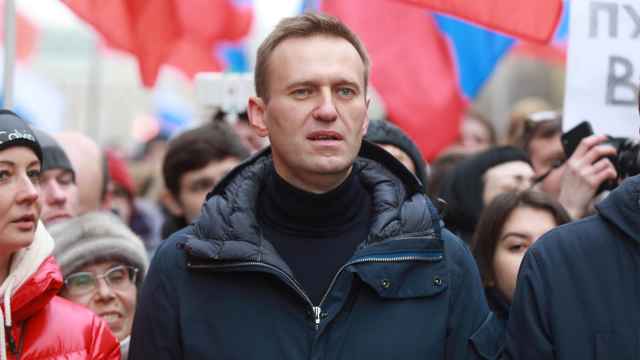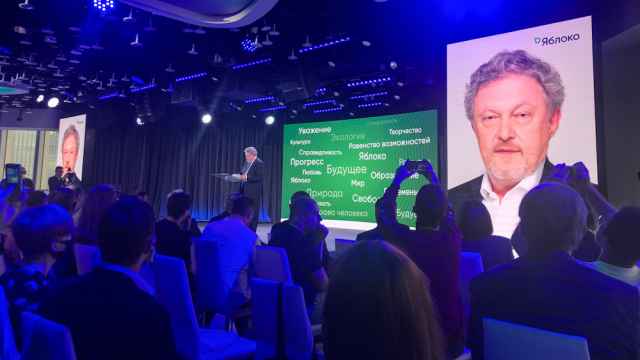Supporters of Alexei Navalny are laying flowers in Russia and at Russian embassies around the world after the jailed Kremlin critic was announced dead by the Russian prison service on Friday.
In Moscow and St. Petersburg, hundreds of people gathered at monuments dedicated to Soviet victims of political repression to show their respect for the late activist.
“I went to pay tribute,” said Ksenia, 29, a Navalny supporter in Moscow.
Like other Navalny supporters interviewed for this article, she withheld her surname due to the risks involved in supporting him after his groups were banned as "extremist."
“People are talking quietly. They bear red-and-white flowers. Many are crying quietly, hugging,” Ksenia told The Moscow Times. “I expected police, but here there are only people who have lost a lot today.”
Despite the risks, people from western Russia to Siberia also laid flowers and photos of Navalny in cities like Nizhny Novgorod, Novosibirsk, Kazan, Kaluga and Tula.
At least 100 people have been detained at memorial gatherings in 10 Russian cities, according to the OVD-Info rights project.
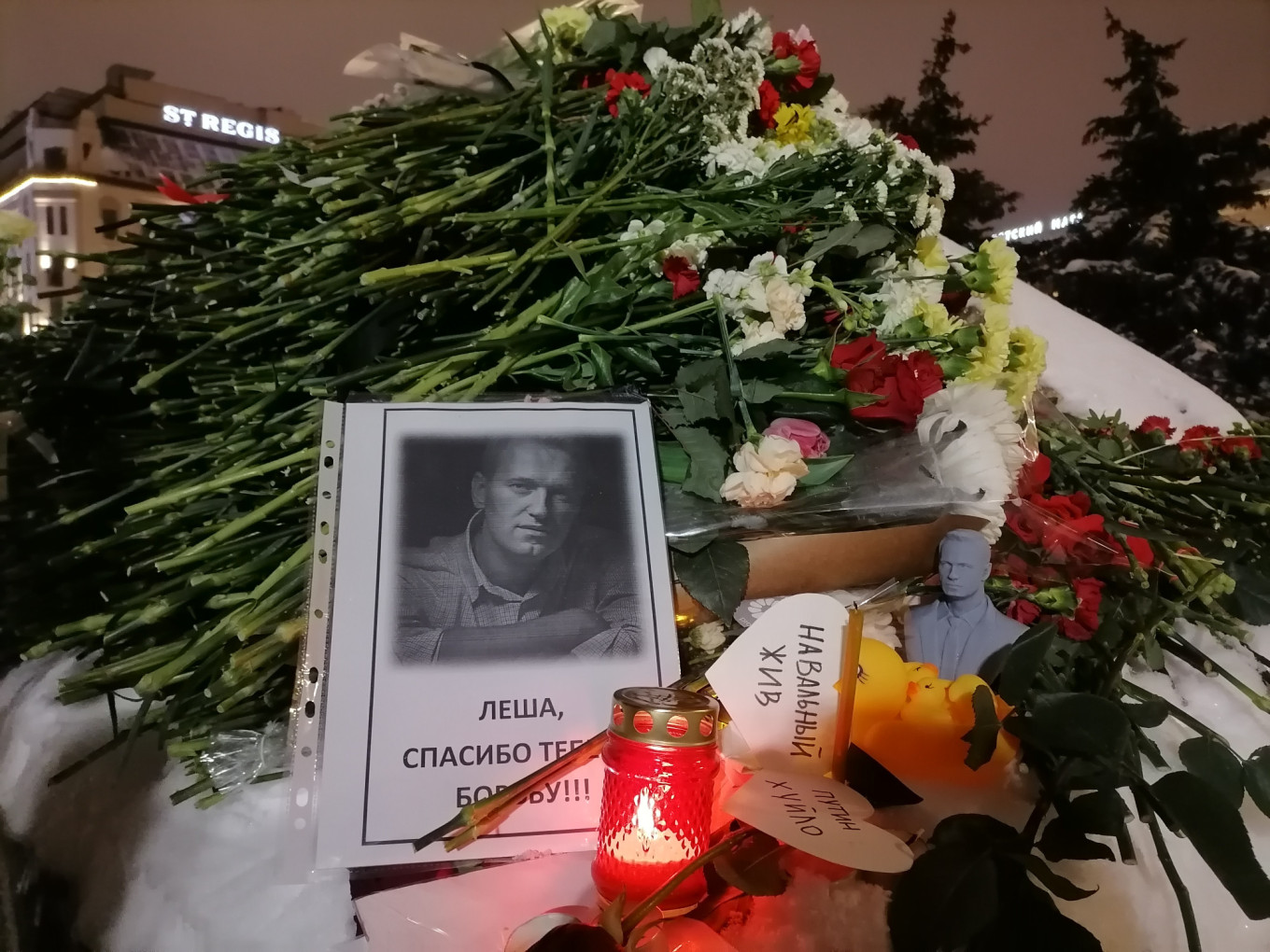
Several Russian and foreign political figures voiced their support for Navalny and his family, including EU Ambassador to Russia Roland Galharague, who paid tribute by laying flowers at the Solovetsky Stone in Moscow.
Police detained several Navalny supporters in Moscow, including a man carrying a placard with the words “Killers!” and a woman with a poster reading “Alexei Navalny died today.”
Gatherings in memory of Navalny were also announced in at least 30 cities outside of Russia — in major hubs for Russian anti-war emigrants like Yerevan, Riga, Berlin, Prague, Paris, Belgrade, Tel Aviv and several other European cities.
"When I read this news, I was speechless. I started to cry and my hands were shaking,” said a Navalny supporter who attended a memorial rally in Spain and spoke on condition of anonymity.
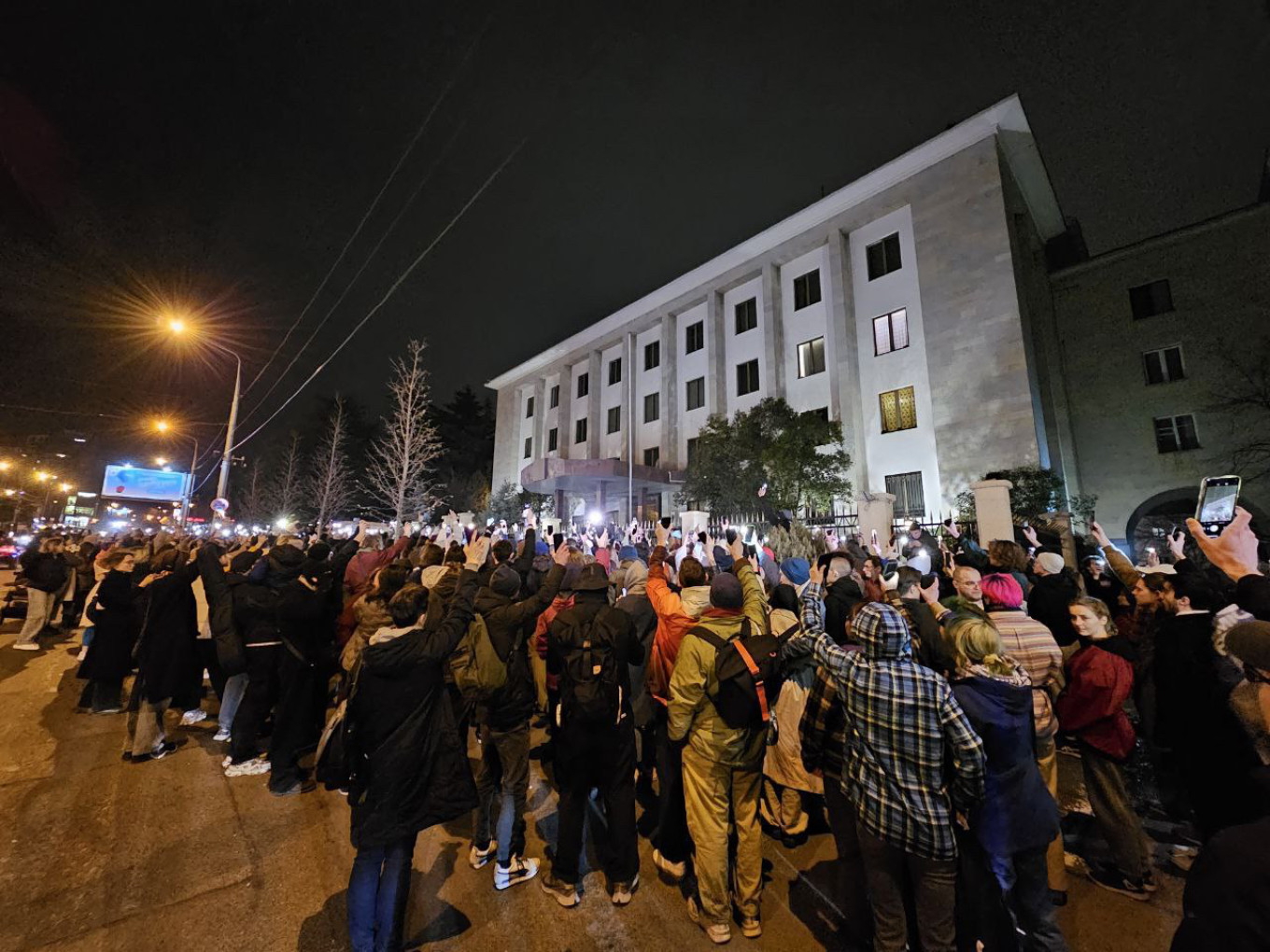
In the Georgian capital of Tbilisi, people chanted "Russia will be free," "The police are a disgrace," and "Love is stronger than fear."
“This is actually a political assassination,” said IT specialist Vitaly, a Navalny supporter who came to lay flowers in Tbilisi.
“He was a leader who could make a difference. It's a great loss.”
Navalny, 47, was one of President Vladimir Putin’s most vocal domestic opponents over the past decade and he mobilized massive protests nationwide.
He was serving a 19-year prison sentence on a string of “extremism” charges which his allies and supporters viewed as politically motivated.
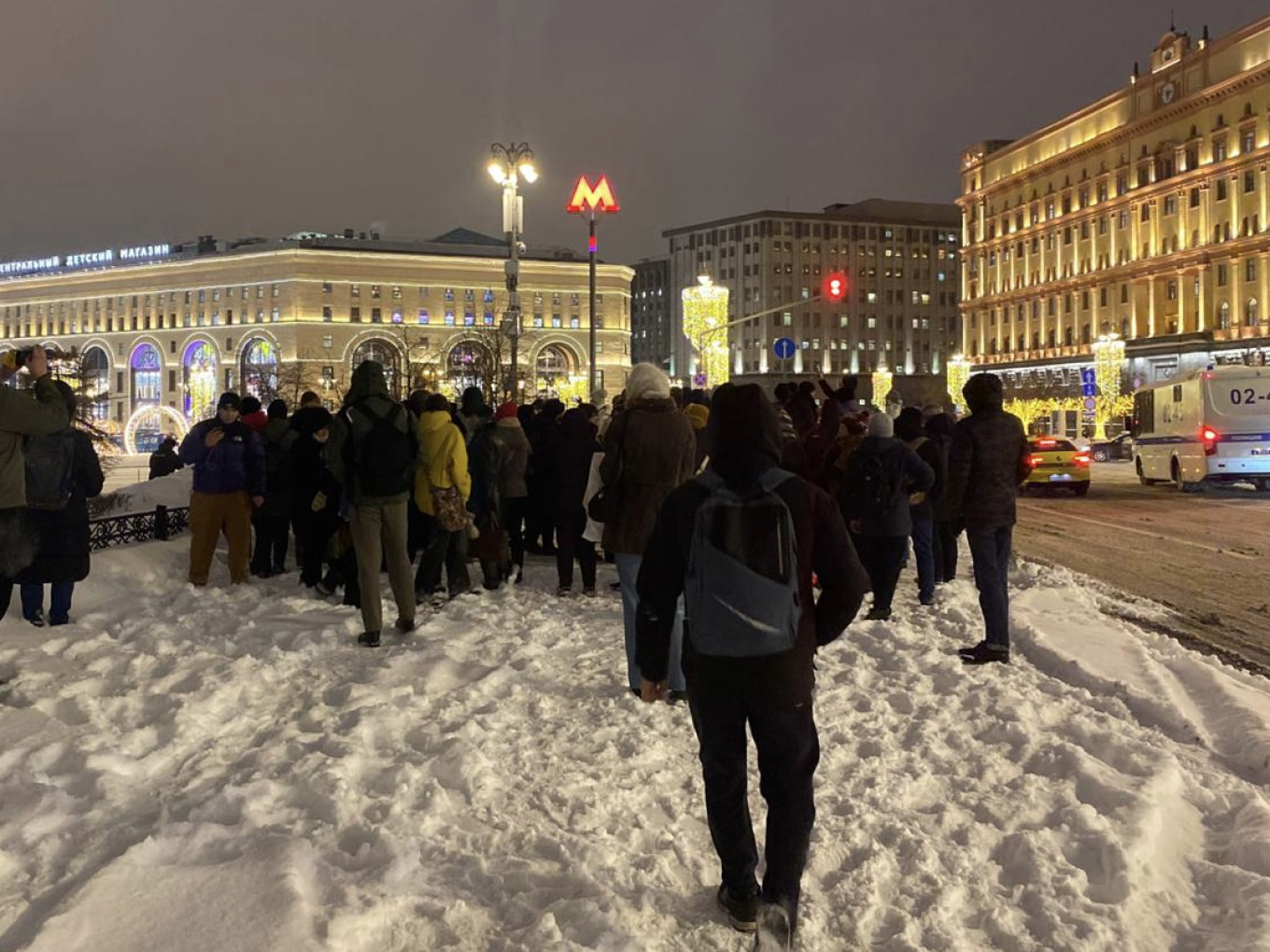
Navalny returned to Russia in 2021, after recovering in Germany from a near-fatal poisoning and was arrested upon his arrival.
He was designated a prisoner of conscience by Amnesty International in 2021, with many foreign leaders calling for his release.
Navalny’s team said it could not confirm his death until his lawyer visited the IK-3 prison colony in the settlement of Kharp, where the activist was being held.
Russia’s Investigative Committee, which probes major crimes, announced "a set of investigative and operative measures" to establish the circumstances surrounding Navalny’s death.
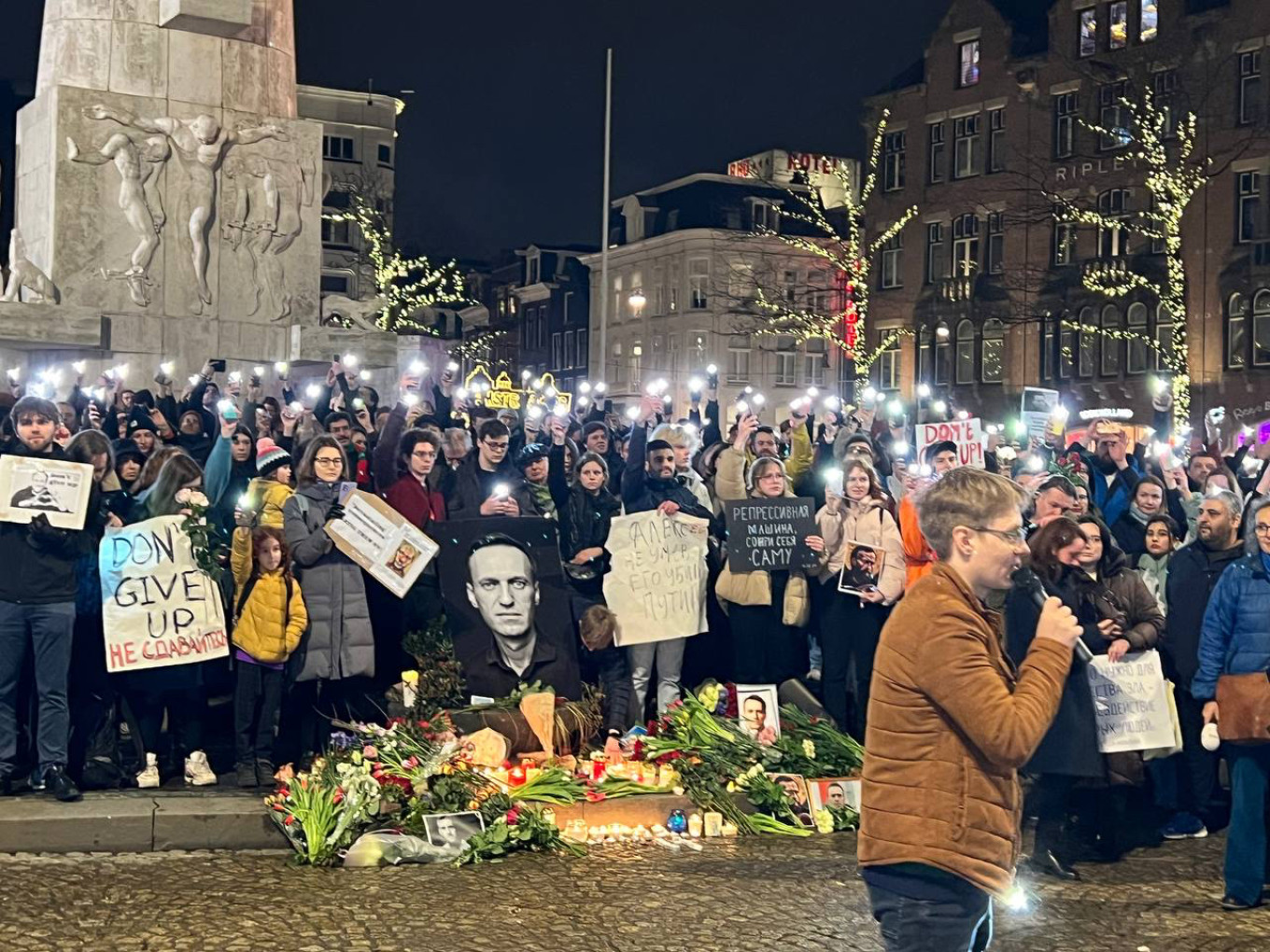
Navalny’s allies repeatedly warned that his health was deteriorating due to the harsh conditions in prison, including being placed in a solitary punishment cell 27 times.
Putin’s spokesman Dmitry Peskov said the president had been informed about Navalny’s reported death, but Putin himself has not yet commented.
When asked about unconfirmed reports the jailed activist may have died from a blood clot, Peskov said medics should establish the cause of his death.
Peskov also blasted Western countries that pointed the finger at Moscow as "absolutely unacceptable," and called their reactions "hysterical."
In Brussels, more than 100 people gathered outside the Russian embassy in Navalny's memory, according to a Moscow Times reporter.
"I've lived in Belgium for a long time, but I don't participate too actively in political actions," said Nadezhda, a woman at the rally holding a candle.
"But I couldn't help but come today. Navalny's death will touch the spirit of democratically minded Russians," she said. "Although maybe it will only anger them even more."
"We have been robbed of hope," said Boris, whoa lso came to pay tribute to Navalny in Brussels.
A man standing next to him chimed in: "Someone else will take Alexei's place, I believe."
"We have many people in Russia who can become new leaders in the fight against Putin's power," said the man, who declined to share his name.
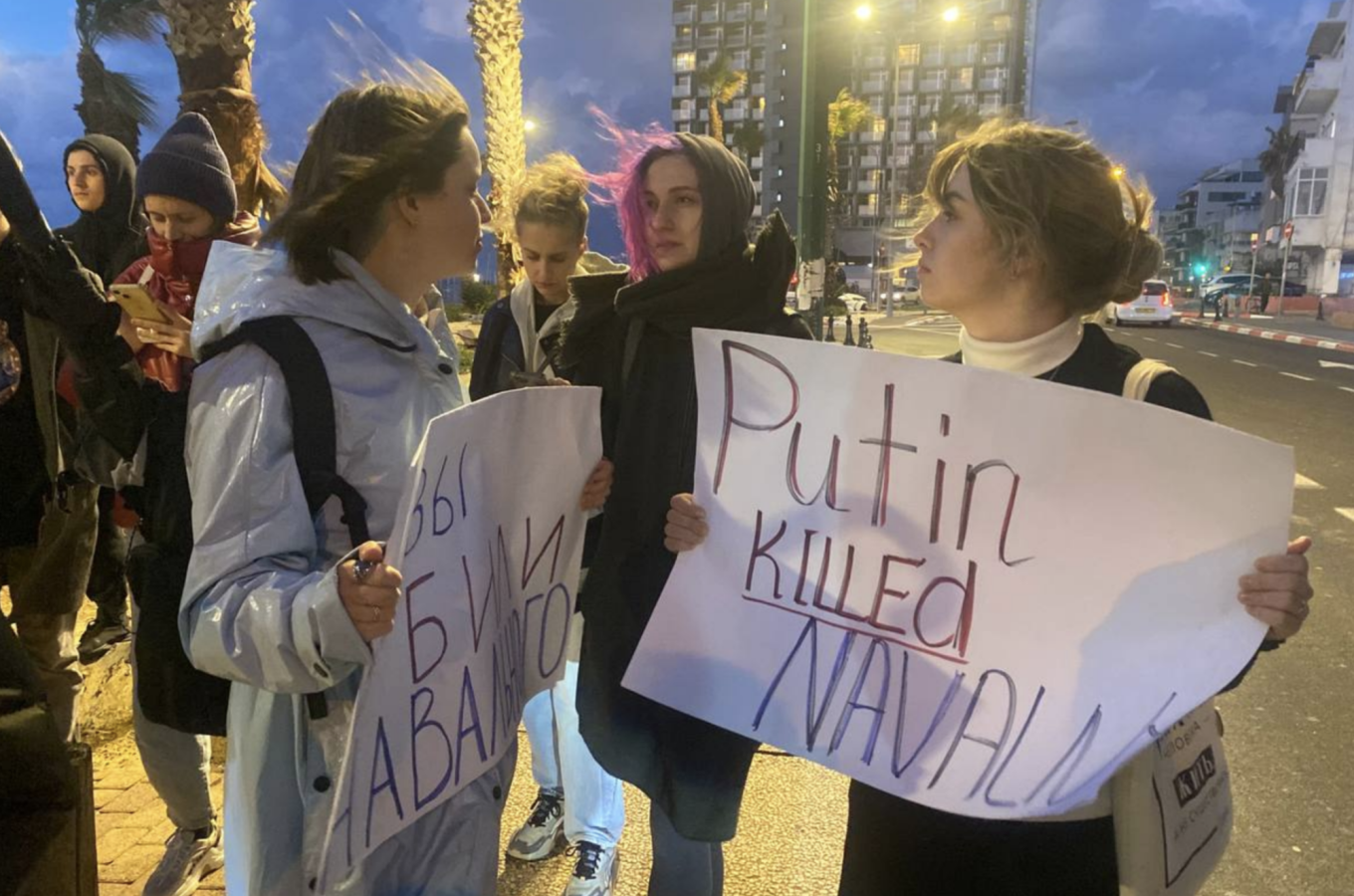
Though Navalny's three-week disappearance in Russia’s prison system late last year had raised fears that he may have died, the news came as a shock to his supporters.
“Everyone is depressed, people are hugging each other," said Kirill, 35, a supporter of Navalny from St. Petersburg.
“I couldn't believe it when I saw the news. It seemed that he was immortal, that he was like superman.”
A Message from The Moscow Times:
Dear readers,
We are facing unprecedented challenges. Russia's Prosecutor General's Office has designated The Moscow Times as an "undesirable" organization, criminalizing our work and putting our staff at risk of prosecution. This follows our earlier unjust labeling as a "foreign agent."
These actions are direct attempts to silence independent journalism in Russia. The authorities claim our work "discredits the decisions of the Russian leadership." We see things differently: we strive to provide accurate, unbiased reporting on Russia.
We, the journalists of The Moscow Times, refuse to be silenced. But to continue our work, we need your help.
Your support, no matter how small, makes a world of difference. If you can, please support us monthly starting from just $2. It's quick to set up, and every contribution makes a significant impact.
By supporting The Moscow Times, you're defending open, independent journalism in the face of repression. Thank you for standing with us.
Remind me later.




